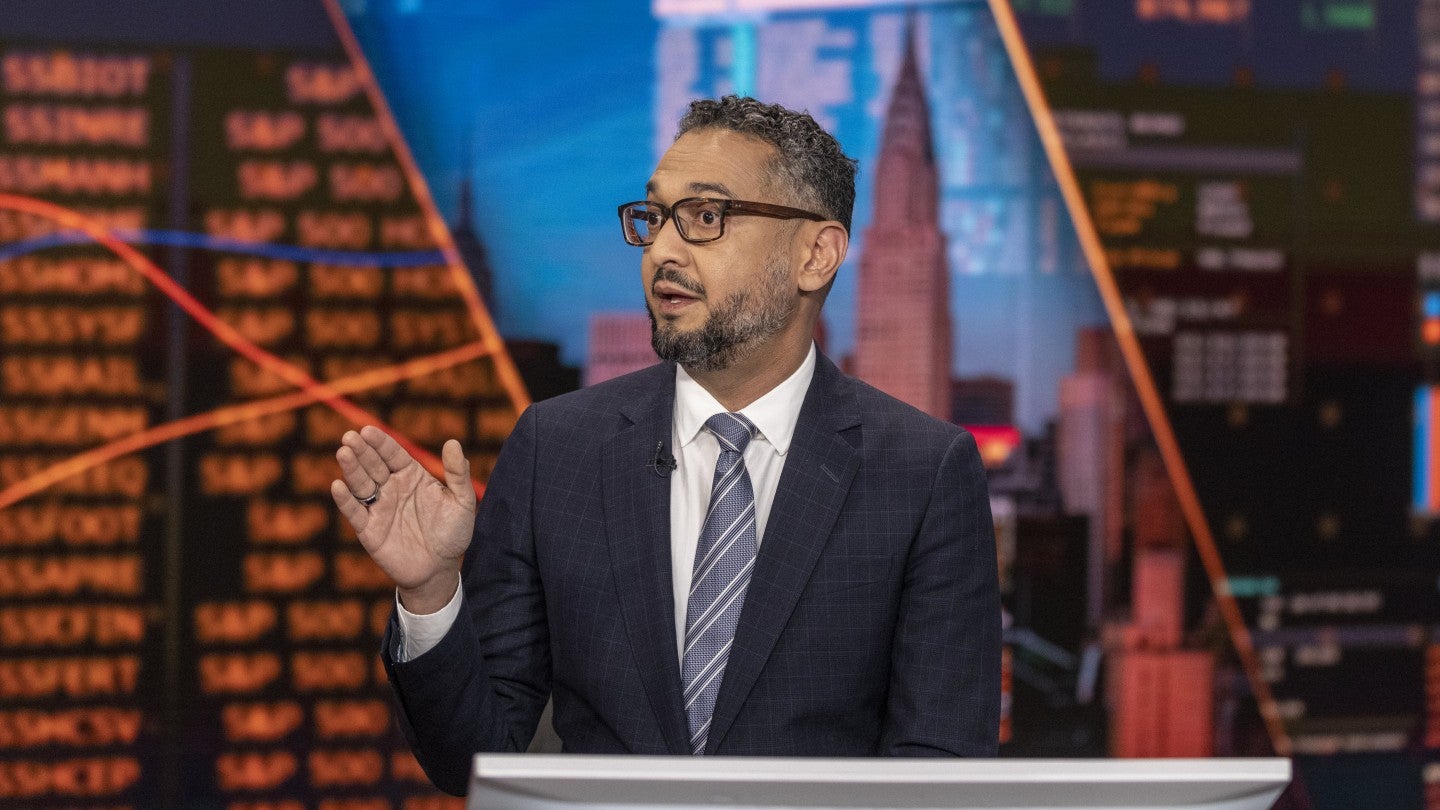STAT+: Drug industry payments to eye docs boosted Medicare spending on pricier treatments
Ophthalmologists who accepted payments from drug companies were less likely to prescribe a cheaper medicine to treat an eye disease that causes blindness in older people, according to a new…

Ophthalmologists who accepted payments from drug companies were less likely to prescribe a cheaper medicine to treat an eye disease that causes blindness in older people, rather than a pair of more expensive alternatives, according to a new study. This led Medicare to spend an additional $643 million during a recent six-year period.
Specifically, physicians who received money prescribed Avastin, an older cancer medicine, 28% of the time for combating age-related macular degeneration. And they prescribed two costlier treatments, which have approved specifically to treat the eye disease, 72% of the time. Physicians who did not accept payments prescribed Avastin 46% of the time, nearly twice as often as those who accepted payments.
As a result, Medicare shelled out an estimated $642.8 million from 2013 to 2019, presumably due to the company payments, according to the study, which was published in JAMA Health Forum. The researchers examined Medicare Part B data that encompassed nearly 21,600 ophthalmologists who accepted money from Roche and Regeneron Pharmaceuticals, which sell the pricier eye treatments.
What's Your Reaction?

































